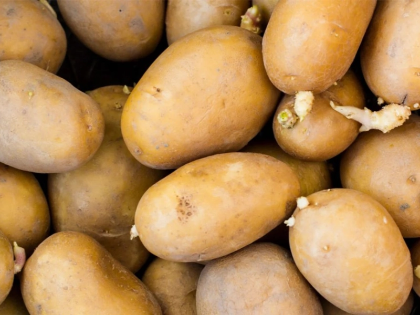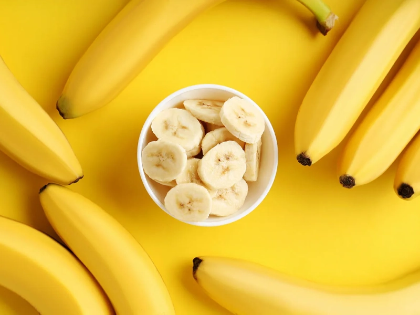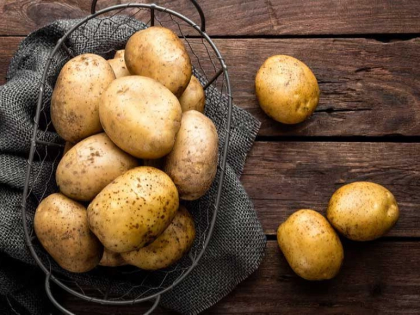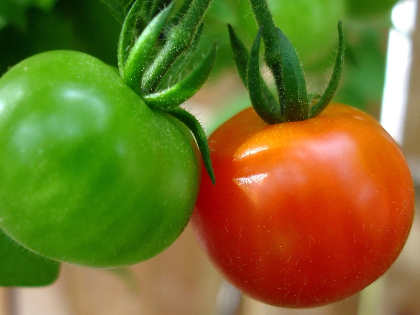A very nutritious food, tomatoes give the body a variety of vitamins and minerals. Lycopene, potassium, vitamin C, and folate (vitamin B9) are a few of these.
Strong antioxidants like lycopene may help shield skin from UV harm and lessen sunburn. It can also stop abnormal skin pigmentation and aid in fading dark skin markings.
Lycopene
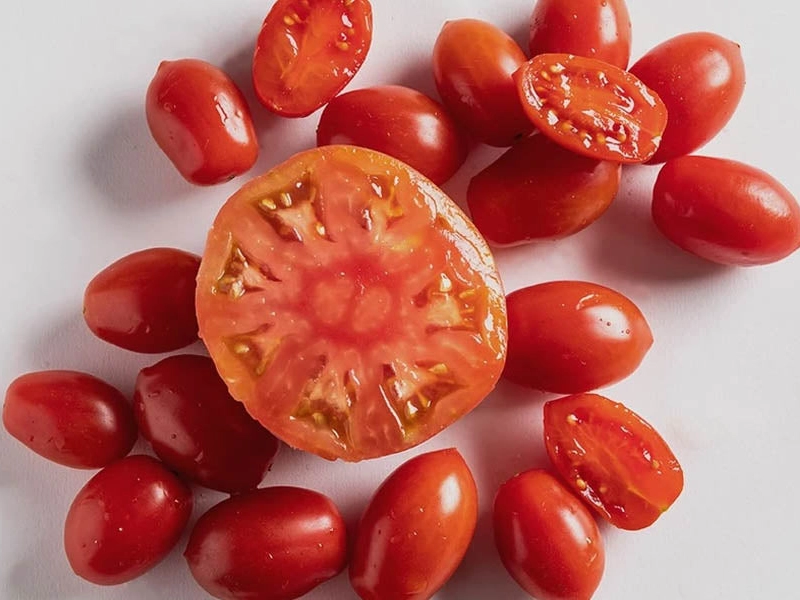
Advertisement
To give tomatoes their red colour, lycopene, a carotenoid (a plant precursor to vitamin A), is used. It has potent anti-inflammatory and antioxidant actions. It prevents human proteins, lipids, and DNA from oxidising. Atherosclerosis and prostate cancer are more common in people who consume diets deficient in lycopene. Additionally, by preventing the production of oxidised LDL cholesterol and lowering platelet adhesion, it guards against cardiovascular disease.
According to studies, a high lycopene intake lowers the incidence of prostate cancer and raises HDL cholesterol levels in the blood. In addition, it promotes cellular repair and reduces tumour growth. Additionally, it's thought that lycopene guards against retinopathy and heart disease. It's interesting to note that in certain clinical investigations, people who consumed more lycopene experienced mild skin discoloration; nevertheless, this problem is typically cured by reducing lycopene intake. The diet's richest source of lycopene is tomatoes and products made with tomatoes. However, eating other red foods like watermelon can also provide you with enough of this mineral.
Potassium
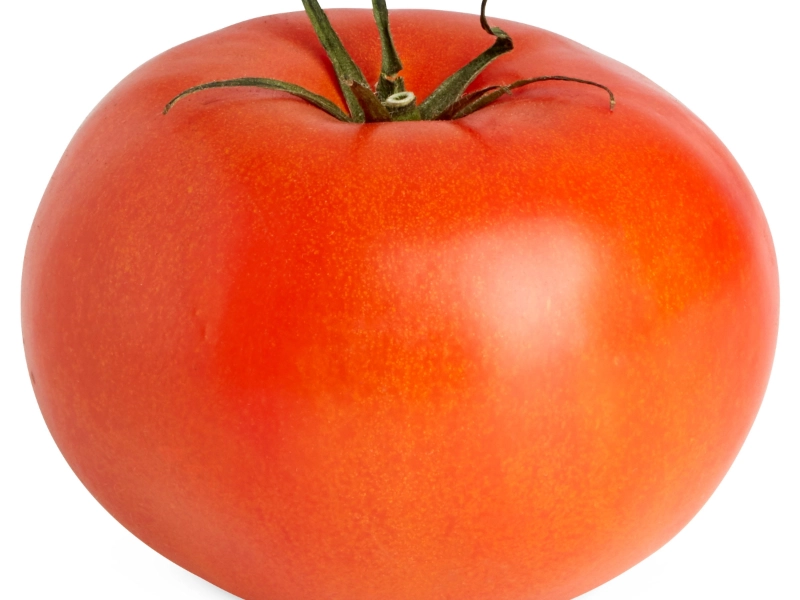
Potassium, a mineral vital to human health, is abundant in tomatoes. Similar to sodium, it helps muscles contract, supports normal blood pressure, and works to maintain bone density while maintaining normal fluid balance both within and outside of cells. Additionally, it affects heart health and glucose metabolism. Diets that are poor in fruits and vegetables have a tendency to be higher in salt and lower in potassium, which increases the risk of inflammatory diseases.
Some arthritis sufferers, particularly those with rheumatoid arthritis, think it's best to stay away from tomatoes and other nightshade vegetables like peppers, eggplants, and potatoes. However, there is no proof that cutting back on nightshades helps lessen arthritic symptoms.
Potassium is a nutrient that is abundant in fruits and vegetables, so the majority of Americans get plenty of it from their diets. Along with tomatoes, dark leafy greens, avocados, bananas, dates, cantaloupe, oranges, and apricots also contain potassium. Although potassium can be obtained as a dietary supplement, it is preferable to obtain your nutrients from food whenever feasible.
C vitamin
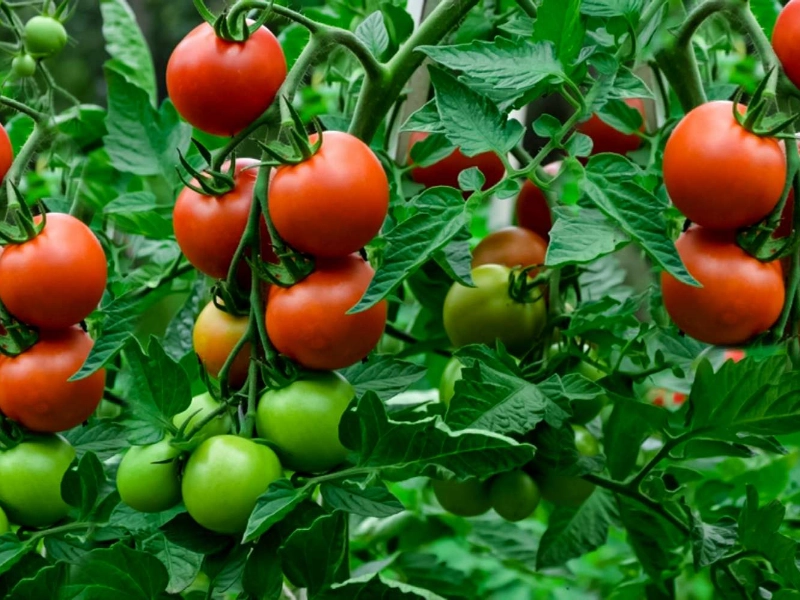
The nightshade family of plants, which also contains potatoes and eggplant, also includes tomatoes. Alkaloids found in this plant genus have the potential to be poisonous in very large doses. However, tomatoes and the other members of this family have extremely little solanine.
People with colds have traditionally turned to meals high in vitamin C to lessen the length and severity of their symptoms. Researchers have recently discovered that vitamin C may help lessen inflammation.
You must consume vitamin C on a daily basis to maintain healthy tissue. It aids in the body's production of collagen, which fortifies tendons, cartilage, and skin. Additionally, it functions as an antioxidant and helps your body absorb nonheme iron (iron derived from plant sources). According to research, vitamin C helps lessen inflammation by preventing the production of inflammatory cytokines. To benefit from this nutrient's health benefits, try including tomatoes in your diet.
Calcium
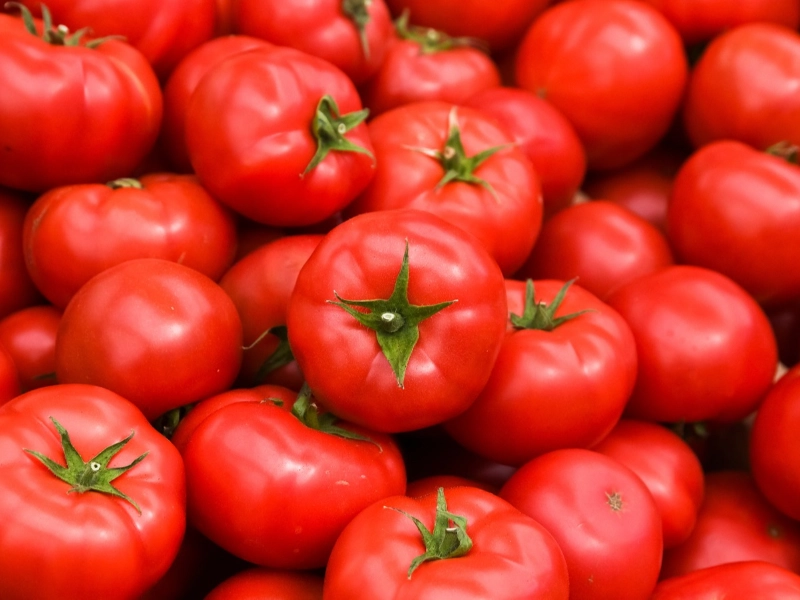
Tomatoes, which belong to the nightshade family, are frequently associated with inflammation, particularly rheumatoid arthritis. The relationship is mostly a myth, though.
Potassium, vitamin C, and lycopene, all of which are abundant in tomatoes, all work to lessen inflammation. Additionally, they contain calcium, which is essential for strong bones.
The mineral calcium is the most prevalent in the human body. The majority of it is kept in the bones and teeth. Additionally, it is necessary for communication between the brain and various body parts as well as for muscular movement.
According to studies, inflammation can be reduced by eating a diet high in healthy fats (such as those found in fish, nuts, and seeds), fresh produce, whole grains, low-fat dairy, and fewer processed carbs. Elimination diets have also been demonstrated to help some people manage their RA symptoms. Before eliminating any foods from your diet, you should consult your doctor.
Advertisement






